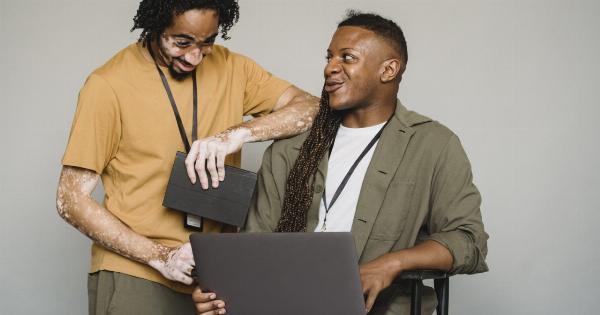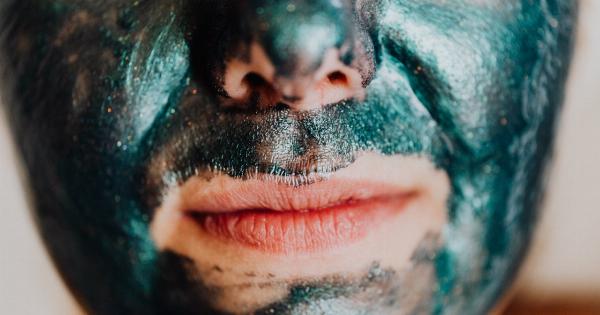Summertime means vacation time, relaxation, outdoor activities, and, for some people, a painful souvenirs, sunburns. Sunburn occurs when skin is overexposed to the sun’s ultraviolet (UV) radiation.
It usually appears within a few hours after sun exposure and can last for several days. However, not all sunburns are the same and their healing time depends on different factors. In this article, we will explore what sunburn is, what causes it, how to treat it, and how long it takes for it to go away.
What is Sunburn?
A sunburn is a type of skin damage that occurs when the skin receives too much UV radiation from the sun or other sources, such as tanning beds or lamps.
UV radiation is a form of energy that comes from the sun and can cause sunburn, premature aging, and skin cancer. When the skin is exposed to UV radiation, it responds by producing more melanin, a pigment that protects the skin from further damage. Melanin makes the skin darken or turn red, which is what we see as a sunburn.
What Causes Sunburn?
Exposure to UV radiation is the main cause of sunburn. The intensity of UV radiation is greater during midday hours, between 10 a.m. and 4 p.m. The UV index, a measure of the strength of UV radiation, is higher when the sun is high in the sky.
Other factors that increase the risk of sunburn are:.
- Frequent exposure to the sun without protection
- Fair skin, red or blonde hair, and blue or green eyes
- Moles and freckles
- Tanning beds or lamps
- Medications that increase sensitivity to UV radiation, such as antibiotics, birth control pills, and some antidepressants.
The severity of sunburn depends on how long and how intense the exposure to UV radiation was. Also, different areas of the body may react differently to sun exposure.
Skin that is more exposed, such as the face, shoulders, and arms, is more likely to burn than skin that is covered by clothing.
Symptoms of Sunburn
The symptoms of sunburn usually appear within a few hours after sun exposure and can last for several days. The severity of the symptoms depends on the degree of sunburn and the person’s skin type. Some common symptoms of sunburn are:.
- Redness
- Pain and tenderness
- Swelling
- Blisters
- Fever and chills in more severe cases
Severe sunburn can cause dehydration, dizziness, and nausea. In case of severe symptoms, seek medical attention immediately.
How to Treat Sunburn
Although the best way to prevent sunburn is to avoid excessive sun exposure, sometimes it happens despite our best efforts. If you get sunburned, there are several things you can do to treat it:.
- Cool down: take a cool bath or shower, apply cold compresses, or use aloe vera gel or lotion to soothe the skin
- Stay hydrated: drink plenty of water and other fluids to prevent dehydration
- Avoid further exposure to the sun: cover the affected area with clothing or stay in the shade
- Avoid tight clothing: wear loose-fitting clothes to prevent further irritation of the skin
- Take pain medication: over-the-counter pain relievers, such as ibuprofen or aspirin, can help relieve the pain of sunburn
- Moisturize: use a moisturizer or lotion to prevent the skin from drying out
In case of severe sunburn, see a doctor. Severe sunburn can cause complications such as infection and dehydration.
How Long Does It Take for a Sunburn to Go Away?
The healing time of a sunburn depends on various factors, such as the severity of the burn, the person’s skin type, and the treatment options used. Mild sunburns can take up to three days to heal, while severe sunburn can take up to two weeks to heal.
First-degree sunburn, which is the mildest form of sunburn, affects only the outer layer of the skin and causes redness and pain. It usually takes about three to five days to heal.
However, the peeling and flaking of the skin may last for several more days.
Second-degree sunburn, which is a more serious form of sunburn, affects not only the outer layer of the skin but also the underlying layer. It causes redness, swelling, blisters, and pain.
Second-degree sunburn can take up to two weeks to heal, and the affected skin may peel and flake for several more days after that.
Third-degree sunburn, which is the most severe form of sunburn, affects all layers of the skin and can cause permanent skin damage. It requires immediate medical attention and can take several weeks to heal.
Third-degree sunburn may cause scarring and hyperpigmentation of the affected skin.
Preventing Sunburn
The best way to prevent sunburn is to avoid excessive sun exposure. When you go outside, you can take some steps to protect your skin from the sun:.
- Use sunscreen: apply sunscreen with at least SPF 30 and reapply it every two hours or after swimming or sweating
- Wear protective clothing: wear a hat, sunglasses, and long-sleeved clothing to cover exposed skin
- Avoid the sun during peak hours: stay indoors or in the shade between 10 a.m. and 4 p.m. when the sun’s UV radiation is the strongest
- Protect children: babies and children are more susceptible to sunburn, so protect them with sunscreen, clothing, and shade
- Avoid tanning beds: tanning beds emit UV radiation that can cause skin damage and increase the risk of skin cancer
Conclusion
Sunburn is a common skin condition that occurs when the skin is overexposed to UV radiation from the sun or other sources. The symptoms of sunburn can be painful and uncomfortable, but there are several ways to treat and prevent it.
Mild sunburn can take up to three days to heal, while severe sunburn can take up to two weeks to heal. The best way to prevent sunburn is to avoid excessive sun exposure, use sunscreen, wear protective clothing, and stay in the shade during peak hours. Remember, it is never too late to start protecting your skin from the sun.




























